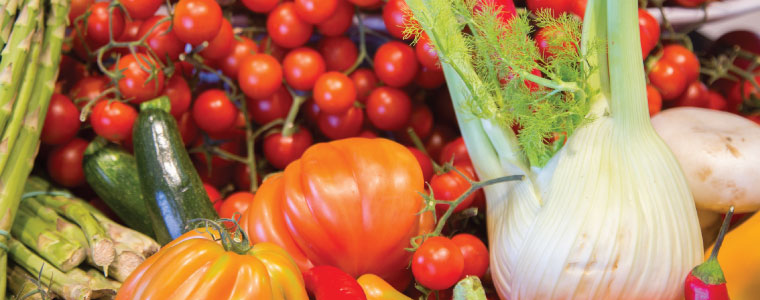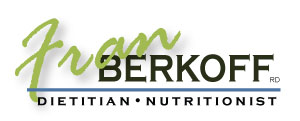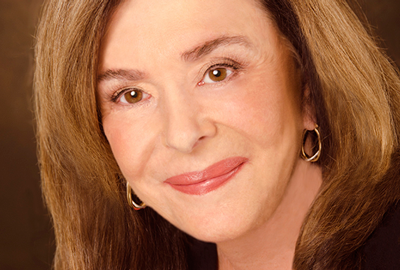Daffodil Days

It’s April and perhaps you are wearing a daffodil, training to run, bike or walk for cancer research, or participating in another event that is raising awareness about cancer. It’s important because along the way most have us have been touched by cancer, be it a family member, friend or co-worker. Supporting research that will help treat cancer, find ways for early detection and lower risk of all cancers can make a difference in your lifetime.
In the meantime, it’s important to live your lives in a way that may help lower cancer risk. Lifestyle choices such as not smoking, being active, getting regular checkups, protecting yourself from the sun and eating well all can help.
When it comes to diet, there is no single food, supplement or diet that can ensure a cancer free life. But, a diet rich in a variety of fruits, vegetables, whole grains, legumes, nuts, seeds, herbs and spices with smaller amounts of red meat, little or no smoked, cured and processed meats has many benefits. This eating style provides a variety of things that may offer some protection against cancer and at the same time keep your heart healthy and protect against other effects of aging. Here are a few steps to get you started:
Vitamins, minerals and plant chemicals found in many whole foods, especially fruits, vegetables, grains, herbs and spices act as antioxidants which counter the negative effects of free radicals that may be at the root of some cancers. There are also compounds in these foods that might act as cancer fighters in different ways such as suppressing or inhibiting the growth of cancer cells.
- Include cruciferous vegetables such as broccoli, kale, cauliflower, Brussels sprouts, bok choy and turnip; leafy greens; berries; bright orange vegetables; tomatoes; citrus fruit.
- Add at least one fruit and vegetable to your daily diet to start. And, think variety. Have fruit at breakfast on cereal, with yogurt, in a smoothie or on its own; include a vegetable, either raw or cooked at both lunch and dinner to get started.
- Switch from refined grains to whole grains and try something new such as bulgur, barley or quinoa.
Manage your weight: There is some evidence that there is an association between obesity and several cancers including colorectal, breast and pancreatic. Keep a food journal for a week or two so you can stat to identify areas you want to change. If you are stumped, make an appointment with a dietitian who can help you design an eating style that suits your lifestyle.
Go easy or avoid smoked, cured and processed meats: There is evidence of an association between these foods and increased cancer risk. Eating a hot dog at a Blue Jays game is not fatal but if you eat them on a regular basis, you might want to re-think your food choices. You’d do better to order a slice of vegetarian pizza or some peanuts in the shell while you watch our team play.
Go easy on alcohol: The Canadian Cancer Society says that drinking alcohol can increase the risk of developing several types of cancer including cancer of the breast, colon and rectum, esophagus, liver and mouth. The less alcohol you drink, the more you reduce your risk. Limit alcohol to less than 1 drink a day for women and less than 2 drinks a day for men. A drink is 12 ounces of beer, 5 ounces of wine or 1.5 ounces of spirits.

